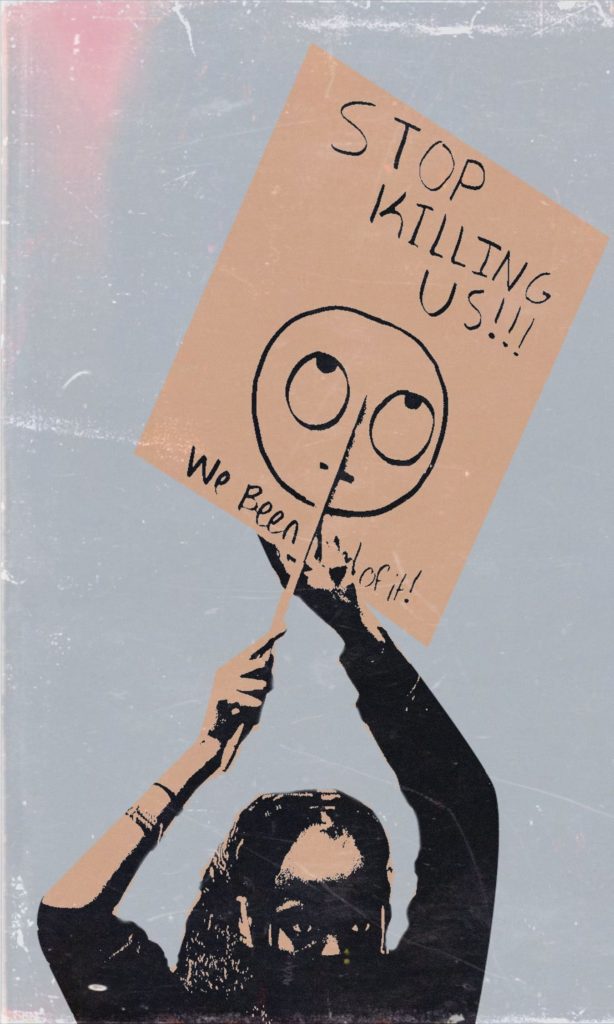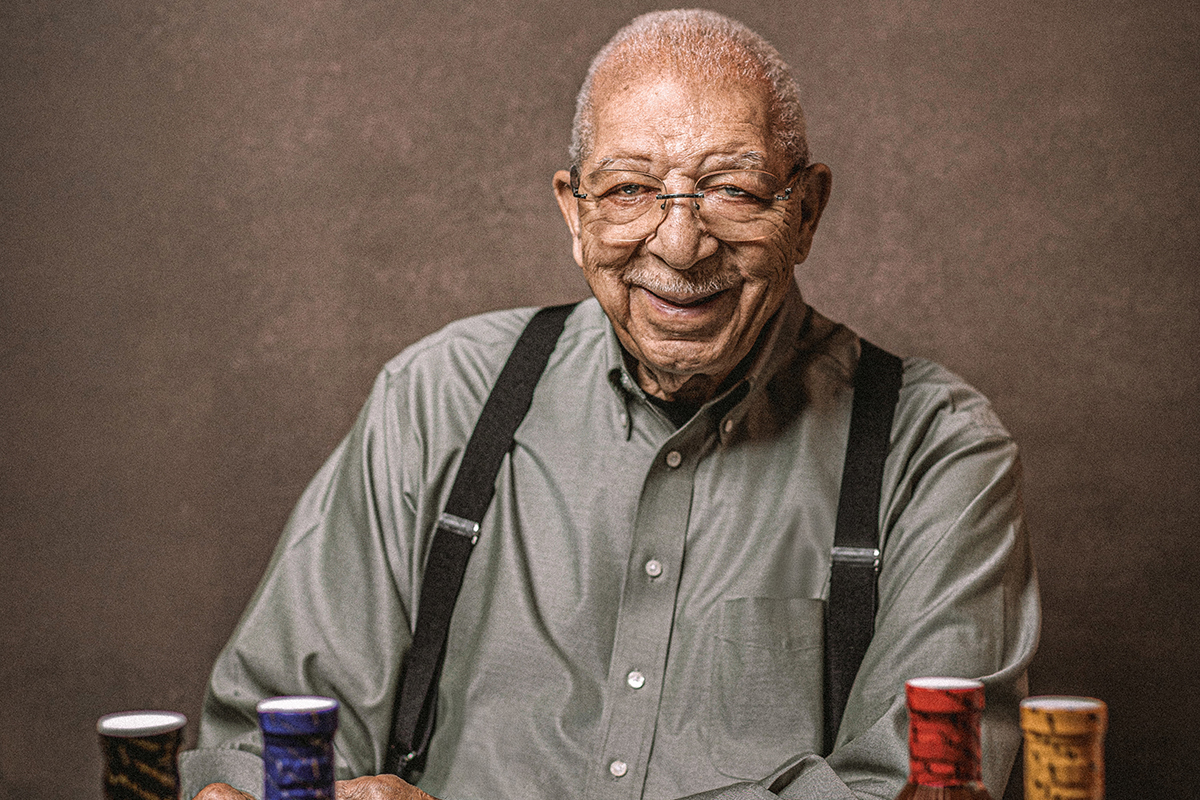2x
The number of documented police killings has doubled nationwide over the last two decades. The trend line has steadily ticked up since 2000, according to Fatal Encounters, a site that compiles data on police-involved deaths. There were just 800 police-involved killings in 2000 and more than 1,700 in 2014—though the oldest records may be less complete, according to Fatal Encounters founder D. Brian Burghart. He says the increase can be linked to police militarization in the wake of 9/11 and to a deteriorating relationship between the police and the public. The nation’s violent crime rate has dropped by about thirty percent over the same period, according to the FBI.
67%
Percentage of people killed by police using firearms, according to Fatal Encounters. Of the remaining thirty-three percent, seventeen percent are killed in a police-related vehicle accident. Burghart says that people are often surprised by the number of people killed by car accidents involving police. “In our society, with basically one hundred percent surveillance, they don’t really need to chase anybody who’s not actively shooting out of their car,” he says. “The vast, vast majority of chase deaths don’t need to happen.”
No. 8
Missouri is ranked the eighth deadliest state in the U.S. for police killings. According to Fatal Encounters, police have killed more than 860 people in Missouri since 2000.
199
American children under the age of twelve killed during an interaction with law enforcement since 2000. Most are killed in police-involved car crashes. “In car chases, you got the cop, you got the guy who’s being pursued, and you’ve got anybody else on the street that could potentially get hit,” Burghart says.
140
People killed by KCMO police since 2000—second highest of any department in either Kansas or Missouri. According to Fatal Encounters, St. Louis City police have killed 147. Burghart says Kansas City stats are harder to accurately track because police officers routinely cross borders during pursuits.
1%
Percentage of police-involved killings that result in an arrest or indictment of the officer, according to Cop Crisis, a non-profit that tracks police violence. Nationwide, only thirty-five officers have been convicted in an on-duty killing since 2000, according to the group. Burghart says cops are not frequently charged because so many deaths are accidents or justified, but law enforcement agencies need to be more forthcoming. “The problem is that because police are police, they tend to not be transparent,” he says. “If our culture had a way to publicly examine these killings, I think we’d have a lot less anger about it. When you hide stuff, it makes people suspicious.”
84%
Percent of police who reported they have witnessed fellow officers using more force than necessary, according to an anonymous survey conducted by the nonprofit Police Foundation. The same survey found that sixty-eight percent of police officers reported seeing physical force used in response to verbal abuse.
5%
Percent of police departments nationwide that voluntarily track and report police misconduct allegations to the federal government. “The way our country’s set up, it’s hard for the federal government to mandate things of individual law enforcement agencies or even states,” he says. “Who’s going to tell stories on themselves that they believe are going to make them look bad? That’s not what people do.





